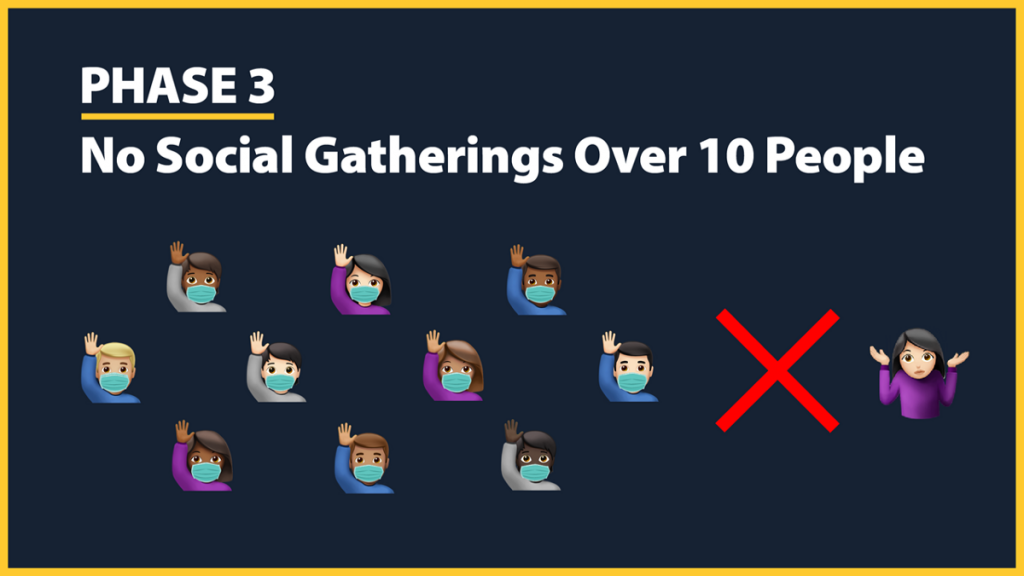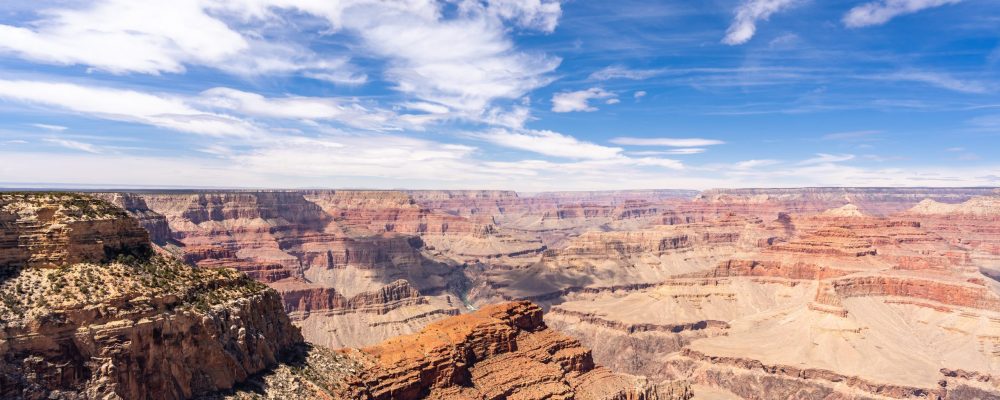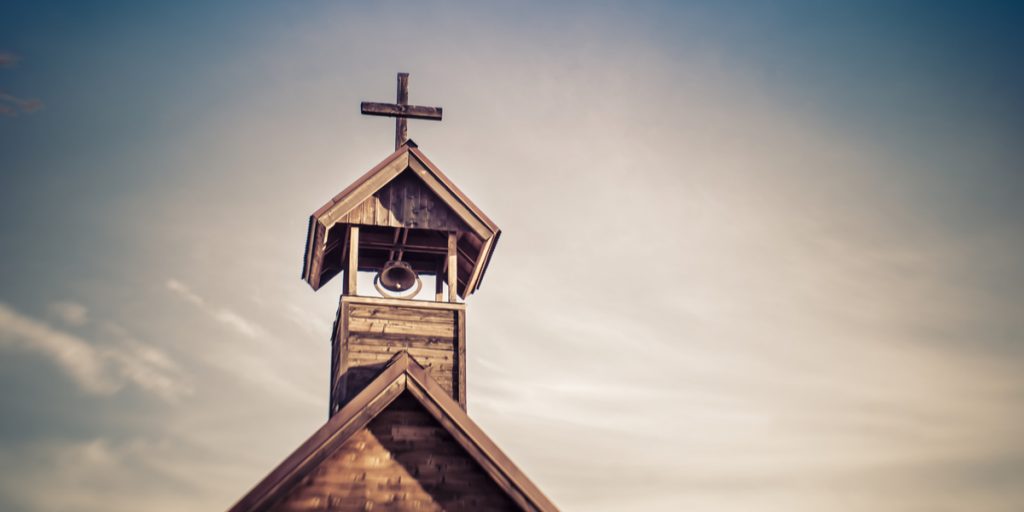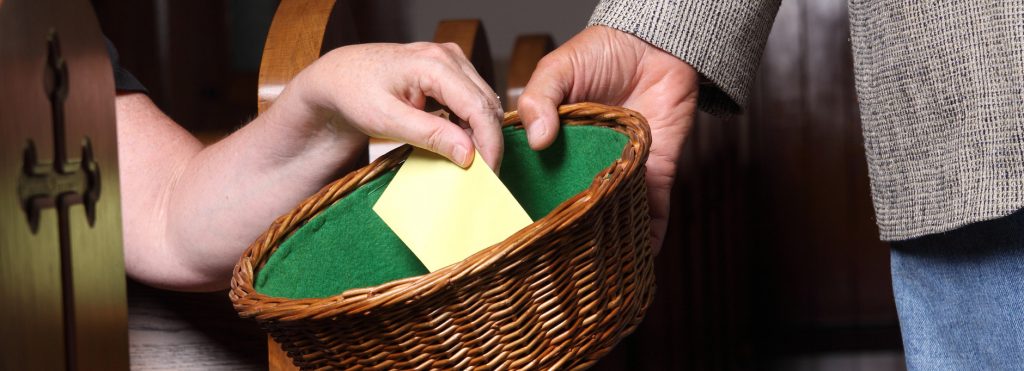Effectively immediately the Leadership Team in Grand Canyon and the Leadership Commission in de Cristo are recommending cancellation of worship services, fellowship meetings, and all other groups of 10 or more people, consistent with the medical advice from the CDC and Arizona Department of Health. Our initial recommendation is to cancel gatherings through April 5, and the Leadership Team/Commission will meet weekly to provide further recommendations on a week by week basis.
Although church operated schools and childcare centers are not part of a local school district, we recommend that the local church or preschool/childcare board follow the local school district and state guidelines for public schools and close your church’s school or childcare if your school district has announced closures.

This action is taken in response to the Administration’s declaration of a national emergency, the World Health Organization’s declaration of a global pandemic, and the CDC’s recommended steps that require all persons to take steps that will “flatten the curve” for the spread of Covid-19. As followers of Jesus called to love our neighbor as ourselves, it is time to join together for the common good.
- We are aware the disruption of ordinary rhythms creates social, pastoral and financial challenges. Therefore, the Leadership Team/Commission in both presbyteries has approved the following actions:
- We are offering one-year, interest free loans to churches in need of help covering their payroll.
- We will pay for one-year zoom subscription for churches who cannot afford it, in order to encourage continuation of a congregation’s ability to meet virtually.
- We will sponsor weekly zoom meetings for pastors to provide ministry updates and serve as a discussion forum for how best to serve our congregations. All active pastors will be sent an invite, and if ruling elders or retired pastors desire to participate
All actions taken that require signatures for final processing and forwarding to other councils will be signed by the Stated Clerk for all individuals indicated on those forms. This will remain in force until action is taken to transfer authority back to customary signatory.
We do not wish to overwhelm anyone with communication, so we are trying to be judicious. However, please do not hesitate to contact either of us if you need assistance.









